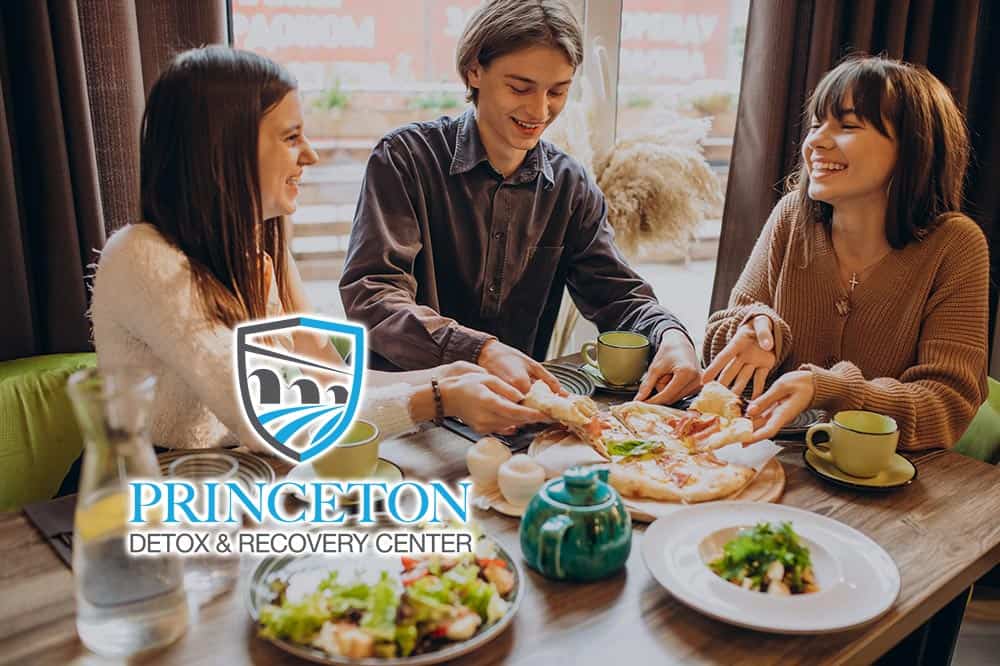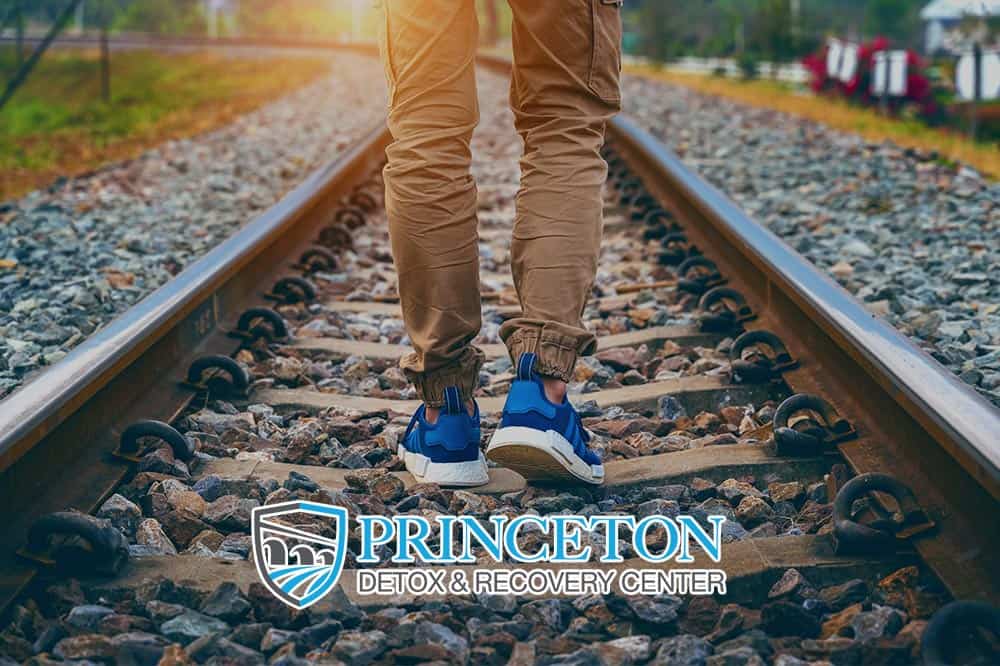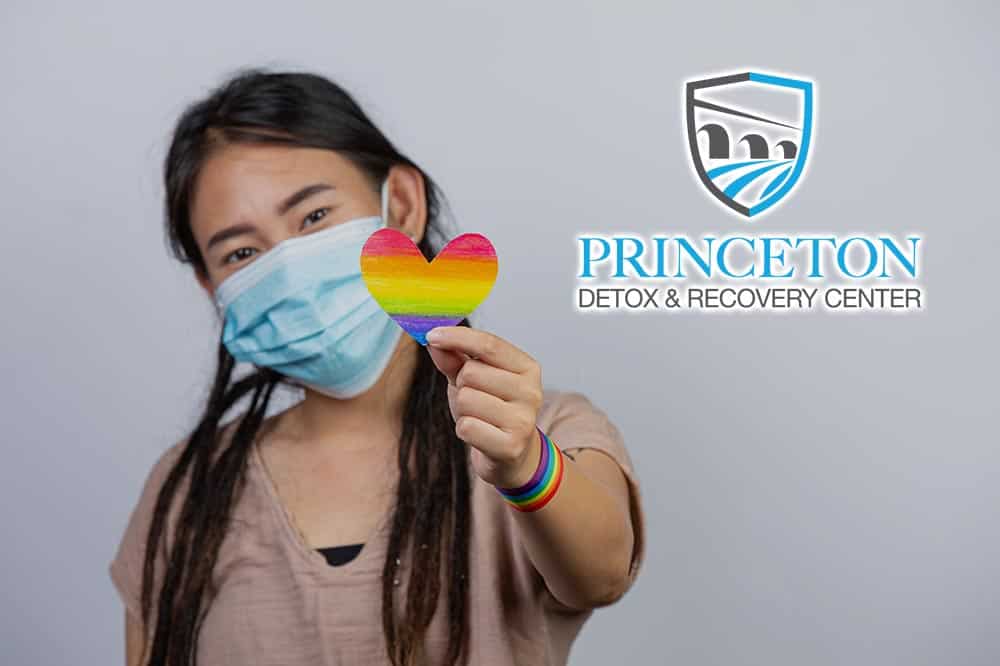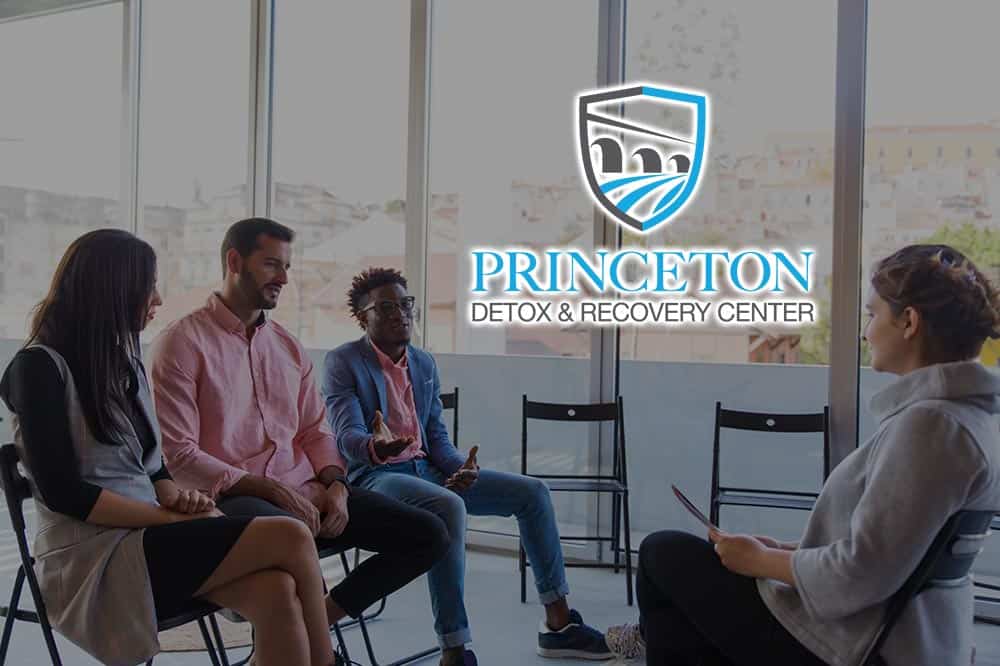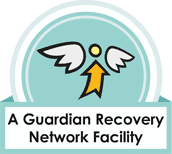In early recovery staying focused on your treatment goals might seem like a daunting task. When it comes to wavering focus there are a lot of contributing factors. First of all you’ve been drowning your brain in chemicals for an extended period of time – whether you were drinking or using drugs your brain chemistry undeniably changed to come degree. While any existing imbalances will eventually be resolved, it will take a little time and a lot of effort for your mental state to completely return to normal. Secondly, you will be learning to how to live an entirely new way of life. Active addiction is chaotic, overwhelming, and completely consuming – learning to live a drug and alcohol-free life will be new territory. You’ll begin to feel your feelings; experience the good and of course, experience the bad. It is important to stay focused on your personal goals and remember that every negative emotion you feel is temporary. It is also crucial that you have a solid and comprehensive relapse prevention plan in place.
The first step is staying sober – the second step is staying committed. At Princeton Detox & Recovery Center we are dedicated to helping you begin the road of recovery and making sure that you’re equipped with the tools you need to maintain recovery in the long-term. If you have any further questions about relapse prevention, staying sober, or staying committed, reach out to us at any time for support.
Developing a Relapse Prevention Plan
The first step to staying sober is developing a relapse prevention plan. This will be determined alongside our Princeton team and will help to structure your early recovery. While every plan will differ based on personal goals and individual history with substance abuse there will be some consistencies. Take a look at the following steps that should be taken when developing a solid relapse prevention plan, and remember – if you are struggling to stay sober or if you have any questions about detox or the addiction recovery process reach out to our team today. Call us 24/7 at (888) 693-1769. And remember, no one is immune to relapse no matter how long they’ve been sober – and there is never any shame in reaching out and asking for help when you need it.
- Figure out your relapse triggers.
Take a look at the times during which you feel the most uncomfortable or the most triggered to drink or use. Maybe you feel unstable in certain settings, like in bars or nightclubs. Maybe seeing your ex-boyfriend or ex-girlfriend is emotionally difficult and makes you feel like having a drink. Maybe having a lot on your plate and not budgeting your time correctly is triggering. When you feel unsteady in your sobriety, take note – literally. Write down a list of potential relapse triggers and do what you can to avoid these things. If they are unavoidable (sometimes family is a relapse trigger but we can’t avoid our families forever) make sure you have some tools in place to help you work through the unpleasant feelings that come up.
- Examine your current relapse prevention tools.
Take a look into your tool box – what do you see? Examine the tools that you already have in place. Do you have a sponsor that you call regularly? Do you have a group of sober friends that you can lean on in times of need? Are you still meeting with a therapist regularly? Are you engaging in daily prayer and meditation? Are you sharing at meetings? Look at what tools you have, what tools you have been employing on a regular basis, and what tools you don’t have that you could benefit from. If you don’t have a tool that you think you need, take steps to make sure you get it in place as soon as possible. One of the most valuable relapse prevention tools is a solid support system of people who have been in the same place you’re in. Don’t be afraid to rely on others!
- Develop a comprehensive plan of action.
If you do end up feeling triggered – which is bound to happen eventually – make sure you have a multi-step plan of action in place. This might include taking a step back from the situation or environment that’s triggering you, calling your sponsor, or going to a meeting. Over time you’ll figure out what works best for you. Just remember – it isn’t always safe for those in early recovery to sit in uncomfortable feelings. Make sure you have a support system available and remember that there’s no shame in removing yourself from a situation that makes you feel uneasy or unstable. Prioritize your sobriety over all else!
We Are Here For You
Let Us Help You Heal
Our Drug & Alcohol detoxification experience is second to none.
Learn how we can help by speaking with one of our Treatment Advisors today.
Sober Living and Relapse Prevention
Newly sober individuals are at the biggest risk of relapse in the first year of their recovery. For this reason, at Princeton we make sure that each and every one of our patients has the option and support necessary to undergo a complete year of treatment. After the detoxification process has come to a close an individual will transfer to an intensive inpatient treatment facility where he or she will undergo around three months of therapeutic intervention and 24-hour support. After inpatient treatment the individual will move into a sober living house where he or she is surrounded by other sober individuals working towards the same common goals – to improve their quality of life and stay sober long-term. One of the best methods of relapse prevention is sober living. The sober living environment allows newly sober men and women the opportunity to slowly transition back into drug-free day-to-day life with the help of on-site counselors and a built-in support group. At Princeton Detox & Recovery Center we believe firmly in the three-part recovery system and will do our best to support you and guide you every step of the way.
Ready To Begin Your Detox?
Don’t let addiction control your life.
Call us today and let’s get you started on the path to a better you.
A Relapse Prevention Model
Terry Gorski, a world-renowned pioneer in the world of relapse prevention developed a comprehensive relapse prevention model called the Gorski-Cenaps Model. The model is as follows:
Self-regulation: Physical, psychological, and social stabilization
Integration: Completing a self-assessment
Understanding: Educating yourself on relapse signs and prevention methods
Self-knowledge: Identifying warning signs for when you are likely to relapse
Coping skills: Managing these warning signs effectively
Change: Reviewing the recovery plan
Awareness: This is acquired through practice and consistency
Support: The involvement of significant others
Maintenance: A comprehensive follow-up plan
This is essentially a more concise version of the steps we use at Princeton to develop individual relapse prevention plans. Regardless of what you have personally been through and what your goals are we will work tirelessly to ensure that your first time getting sober is your last time getting sober and that the quality of your life only continues to improve. If you have any questions or concerns, or if you’d like help getting and staying clean and sober, give us a call today.

Reviewed for accuracy by:
Amanda Hilzer M.Ed, CAADC, IADAC, ICCS, LCADC, CCS
Amanda graduated from Lehigh University with both an undergraduate degree in Psychology and a Master’s of Education degree in Counseling Psychology and has worked in the field of substance use disorder treatment and mental health treatment as a counselor and as a clinical manager for over 14 years.
At Princeton Detox & Recovery Center we believe in recovery as a lifelong commitment and we are dedicated to helping you achieve a life of fulfillment with authentic long-term happiness.
Call Us Today
24/7 at (888) 693-1769

















